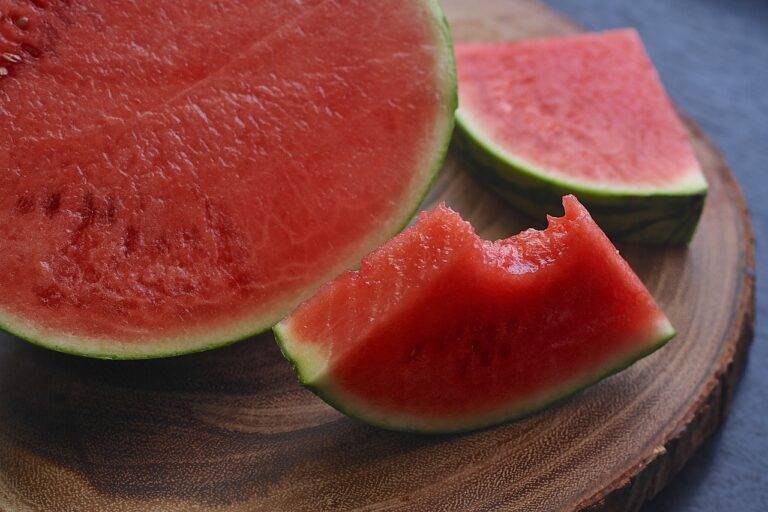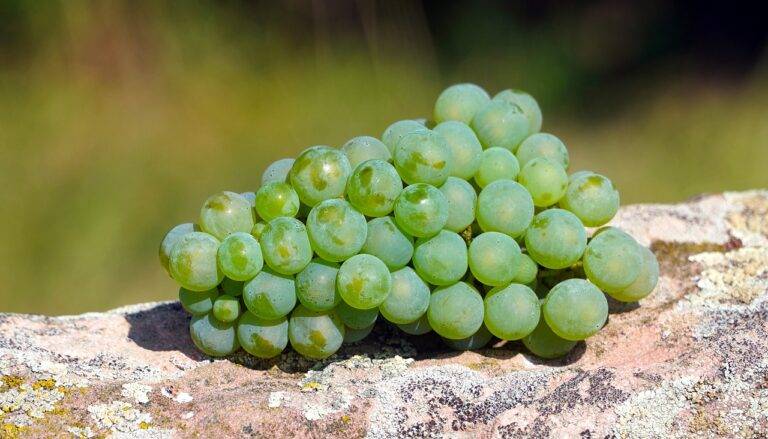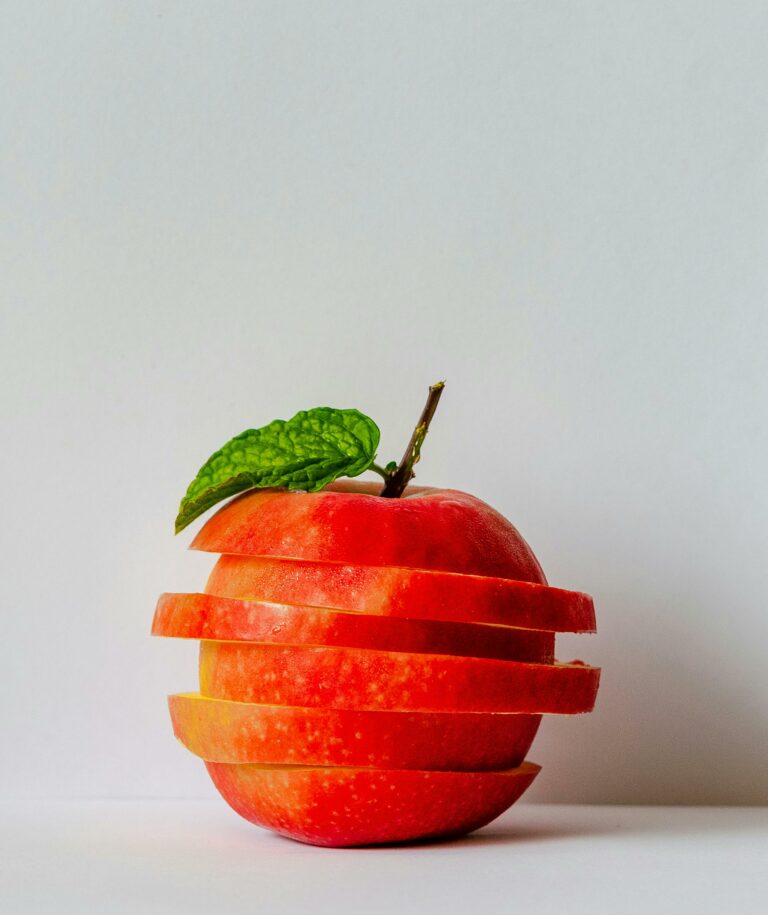The Role of Aquaculture in Sustainable Food Systems
goldbet7.com login, radha exchange, 11xplay online:Aquaculture, also known as fish farming, plays a crucial role in sustainable food systems around the world. In recent years, the demand for seafood has been steadily increasing, and aquaculture has emerged as a viable solution to meet this demand while preserving our oceans and marine ecosystems. In this article, we will explore the various ways in which aquaculture contributes to sustainable food systems and why it is an essential component of our future food supply.
The Environmental Impact of Aquaculture
One of the key benefits of aquaculture is its relatively low environmental impact compared to traditional wild-caught fishing. By farming fish in controlled environments, aquaculture reduces the pressure on wild fish populations and helps to prevent overfishing. Additionally, aquaculture operations can implement sustainable practices such as responsible feed sourcing, efficient water use, and waste management strategies to minimize their environmental footprint.
The Role of Aquaculture in Food Security
Aquaculture also plays a crucial role in ensuring food security for communities around the world. As the global population continues to grow, the demand for protein-rich foods like fish is expected to increase significantly. Aquaculture provides a reliable and sustainable source of seafood that can help to alleviate food shortages and provide essential nutrients to populations that rely on fish as a primary source of protein.
Economic Benefits of Aquaculture
In addition to its environmental and food security benefits, aquaculture also has significant economic advantages. The aquaculture industry creates jobs in rural and coastal communities, stimulates local economies, and provides a stable income for fish farmers and workers along the supply chain. By supporting the growth of the aquaculture sector, countries can boost their economic development and improve the livelihoods of their citizens.
Improving Food Safety and Quality
Aquaculture operations are subject to strict regulations and standards to ensure the safety and quality of their products. By controlling the entire production process from hatchery to harvest, aquaculture farms can monitor and manage the health and hygiene of their fish to prevent disease outbreaks and contamination. Consumers can have confidence in the safety and quality of farmed seafood, knowing that it has been produced under controlled conditions.
Promoting Sustainable Aquaculture Practices
As the aquaculture industry continues to expand, it is essential to promote and support sustainable practices that protect the environment, promote animal welfare, and ensure social responsibility. Certification programs like the Aquaculture Stewardship Council (ASC) and Best Aquaculture Practices (BAP) provide guidelines and incentives for aquaculture farms to adopt sustainable practices and improve their operations. By encouraging transparency and accountability in the aquaculture sector, we can ensure that farmed seafood meets high environmental and ethical standards.
The Future of Aquaculture
In conclusion, aquaculture has a vital role to play in sustainable food systems by providing a reliable source of seafood, supporting economic development, and promoting environmental stewardship. As the world faces growing challenges like climate change, overfishing, and food insecurity, aquaculture offers a viable solution to meet the demand for seafood while minimizing its impact on the planet. By investing in sustainable aquaculture practices and supporting the growth of the industry, we can create a more resilient and food-secure future for generations to come.
FAQs
Q: Is farmed seafood as healthy as wild-caught seafood?
A: Yes, farmed seafood can be just as healthy as wild-caught seafood. Aquaculture operations adhere to strict regulations to ensure the safety and quality of their products, making farmed seafood a nutritious and safe choice for consumers.
Q: How does aquaculture help to protect wild fish populations?
A: By farming fish in controlled environments, aquaculture reduces the pressure on wild fish populations and helps to prevent overfishing. This, in turn, preserves marine ecosystems and ensures the sustainability of fish stocks for future generations.
Q: Can aquaculture operations be environmentally sustainable?
A: Yes, aquaculture operations can be environmentally sustainable by implementing responsible practices such as efficient water use, responsible feed sourcing, and waste management strategies. Certification programs like ASC and BAP help to ensure that aquaculture farms meet high environmental standards.
Q: What can consumers do to support sustainable aquaculture?
A: Consumers can support sustainable aquaculture by choosing seafood products that are certified by programs like ASC and BAP, asking questions about the origin and production methods of their seafood, and advocating for policies that promote environmental stewardship in the aquaculture industry.







